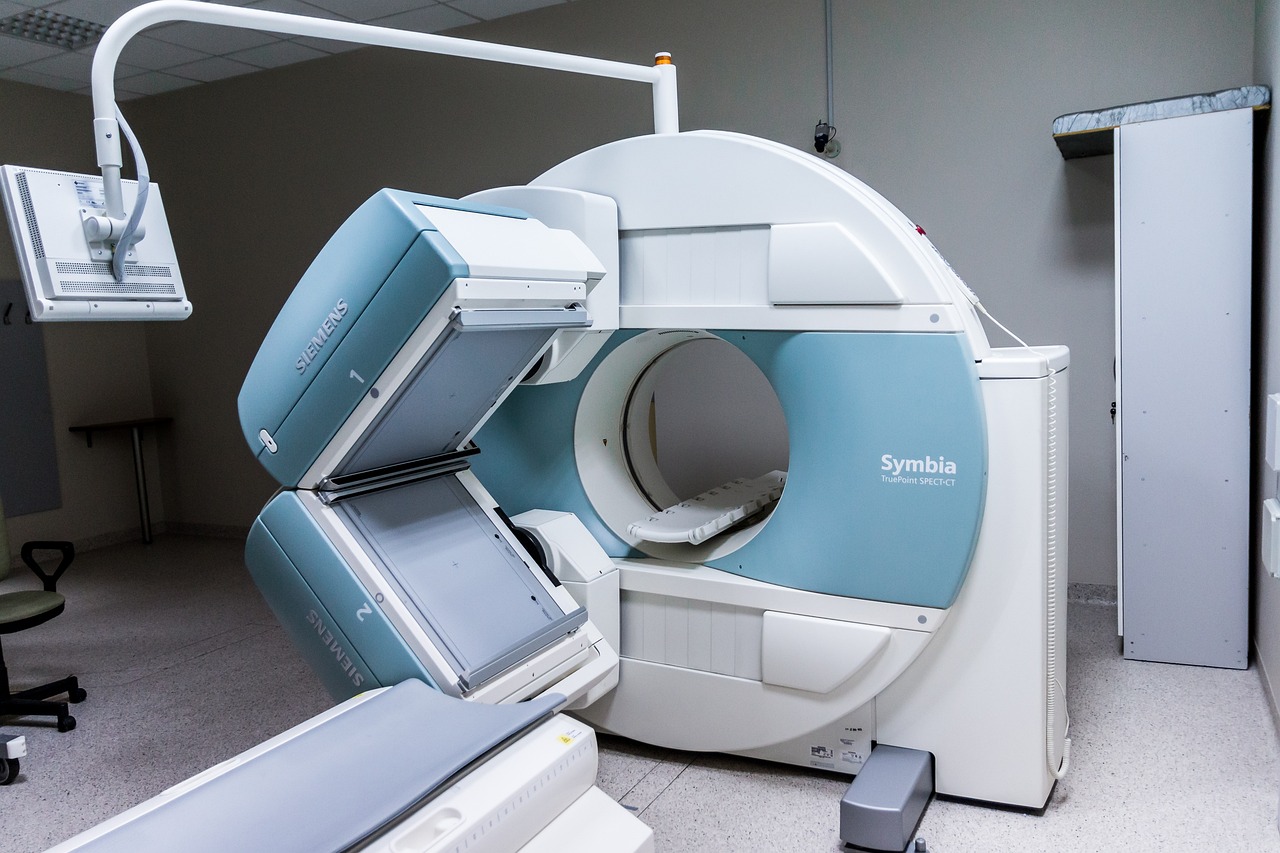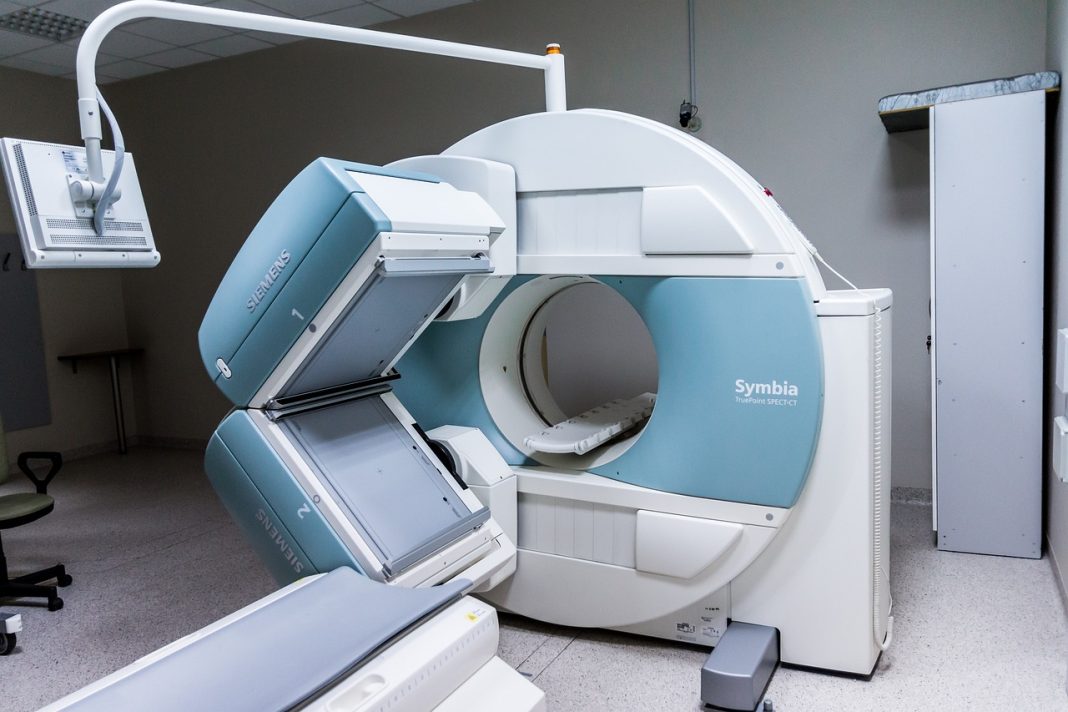
Fibromyalgia is a chronic pain disorder that affects millions of people worldwide. It is characterized by widespread pain, fatigue, and other symptoms that can significantly impact a person’s quality of life. While there is currently no cure for fibromyalgia, there are various management strategies that can help individuals achieve a balanced and fulfilling life. In this article, we will explore some of the most effective fibromyalgia management techniques, from medication and physical therapy to lifestyle changes and self-care practices. By implementing these strategies, individuals with fibromyalgia can better manage their symptoms and improve their overall well-being.
1. Understanding Fibromyalgia: Symptoms, Causes, and Diagnosis
Fibromyalgia is a chronic disorder that causes widespread pain and tenderness in the body. It affects the muscles, joints, and soft tissues, causing fatigue, sleep disturbances, and cognitive issues. The symptoms of fibromyalgia vary from person to person, but the most common ones include:
- Widespread pain and tenderness in the muscles and joints
- Fatigue and exhaustion
- Sleep disturbances and insomnia
- Cognitive issues, such as difficulty concentrating and memory problems
- Depression and anxiety
The exact cause of fibromyalgia is unknown, but it is believed to be related to abnormal levels of certain chemicals in the brain and changes in the way the brain processes pain signals. Other factors that may contribute to the development of fibromyalgia include genetics, infections, and physical or emotional trauma.
Diagnosing fibromyalgia can be challenging, as there is no specific test for it. Doctors usually rely on a combination of symptoms and physical exams to make a diagnosis. They may also order blood tests or imaging studies to rule out other conditions that can cause similar symptoms. If you think you may have fibromyalgia, it is important to talk to your doctor to get an accurate diagnosis and develop a treatment plan that works for you.
2. Fibromyalgia Management: A Holistic Approach to Achieving Balance
Fibromyalgia is a chronic condition that causes widespread pain, fatigue, and other symptoms. While there is no cure for fibromyalgia, there are ways to manage the symptoms and improve quality of life. A holistic approach to fibromyalgia management focuses on treating the whole person, including physical, emotional, and spiritual health.
Some strategies for managing fibromyalgia holistically include:
- Exercise: Regular physical activity can help reduce pain and improve overall health. Low-impact activities such as yoga, swimming, and walking are good options for people with fibromyalgia.
- Nutrition: Eating a balanced diet with plenty of fruits, vegetables, and whole grains can help reduce inflammation and improve energy levels.
- Mind-body techniques: Practices such as meditation, deep breathing, and mindfulness can help reduce stress and improve mental health.
- Alternative therapies: Acupuncture, massage, and chiropractic care may help reduce pain and improve overall well-being.
3. Strategies for Coping with Fibromyalgia: Lifestyle Modifications, Medications, and Alternative Therapies
Lifestyle modifications, medications, and alternative therapies can all be helpful strategies for coping with fibromyalgia. Making changes to your daily routine and habits can help reduce symptoms and improve overall quality of life. Some lifestyle modifications to consider include:
- Exercise: Low-impact exercise such as walking, swimming, or yoga can help improve flexibility, reduce pain, and boost mood.
- Diet: Eating a healthy, balanced diet with plenty of fruits, vegetables, and whole grains can help reduce inflammation and improve energy levels.
- Sleep: Getting enough sleep is crucial for managing fibromyalgia symptoms. Try to establish a regular sleep schedule and create a comfortable sleep environment.
Medications can also be helpful in managing fibromyalgia symptoms. Your doctor may prescribe pain relievers, antidepressants, or anti-seizure medications to help reduce pain, improve sleep, and manage other symptoms. Alternative therapies such as massage, acupuncture, and chiropractic care may also be beneficial. These therapies can help reduce pain and improve overall well-being. It’s important to work with your healthcare provider to find the right combination of lifestyle modifications, medications, and alternative therapies to manage your fibromyalgia symptoms.
In conclusion, fibromyalgia can be a challenging condition to manage, but with the right approach, it is possible to achieve a balanced life. By adopting a holistic approach that includes a combination of medication, therapy, exercise, and lifestyle modifications, individuals with fibromyalgia can reduce their symptoms and improve their quality of life. It is important to work closely with healthcare professionals to develop a personalized treatment plan that meets individual needs and goals. With patience, persistence, and a commitment to self-care, individuals with fibromyalgia can achieve a balanced life and enjoy a better quality of life.








